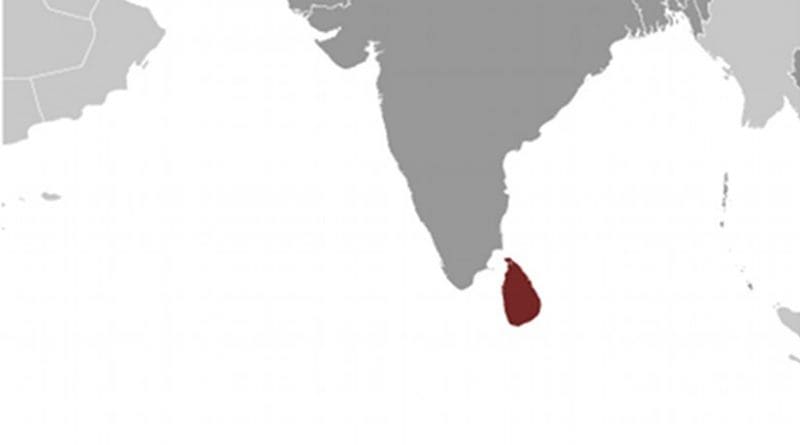EU disappointed with Sri Lanka over anti-terror laws
A delegation from the European Union (EU) expressed concern Colombo on 2 November over Sri Lanka’s failure to reform its anti-terror laws, a key condition for receiving tariff concessions to access the 28-member trading bloc.
The concessions – granted under a scheme to encourage developing nations to improve their human rights record – were withdrawn in 2010 because the government then in power failed to meet its obligations.
The EU agreed to restore them six months ago at the request of the administration of president Maithripala Sirisena, who came to power in 2015.
But a statement from the delegation at the end of a three-day visit said the progress achieved had been “slower than originally hopedâ€.
Delegation head Jean Lambert said repealing the Prevention of Terrorism Act (PTA) had been a key condition of restoring duty-free access.
The PTA allows authorities to hold suspects for long periods without trial and gives police powers to use confessions obtained through torture.
“The PTA is key,†Lambert told reporters in Colombo.
“Certainly, there has not been a single case of arrest under the PTA in the past year, but still people are being held under this law for long periods without trial.â€
Sri Lanka is projected to reap a €300 million ($331 million) benefit annually from exporting to the EU, a key market for its goods.
The island’s exports to the EU amounted to roughly €2.6 billion last year despite the island nation not benefiting from the favourable tariff scheme.
Sirisena agreed to address concerns identified by the international community when he came to power, but has been slow to deliver accountability for war-time atrocities under his predecessor Mahinda Rajapakse.

